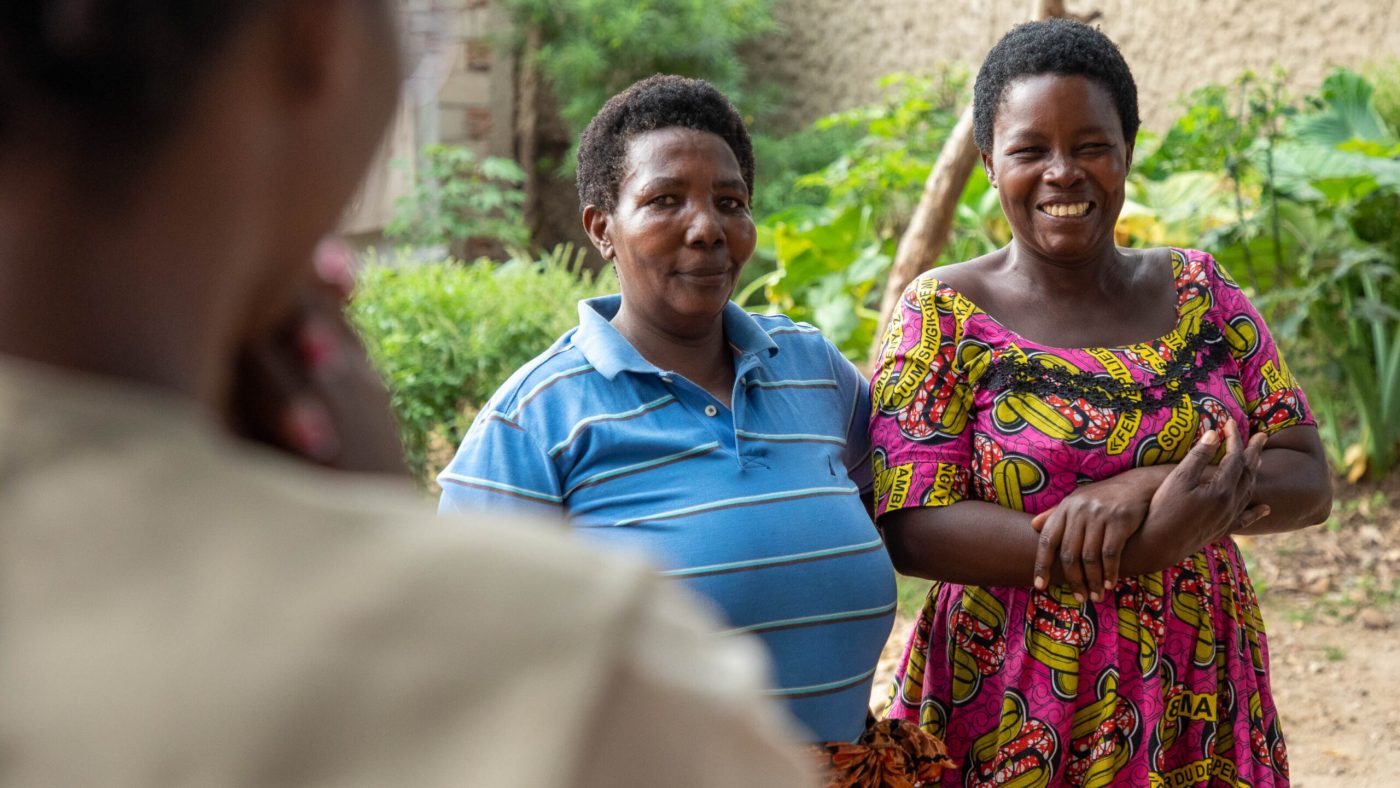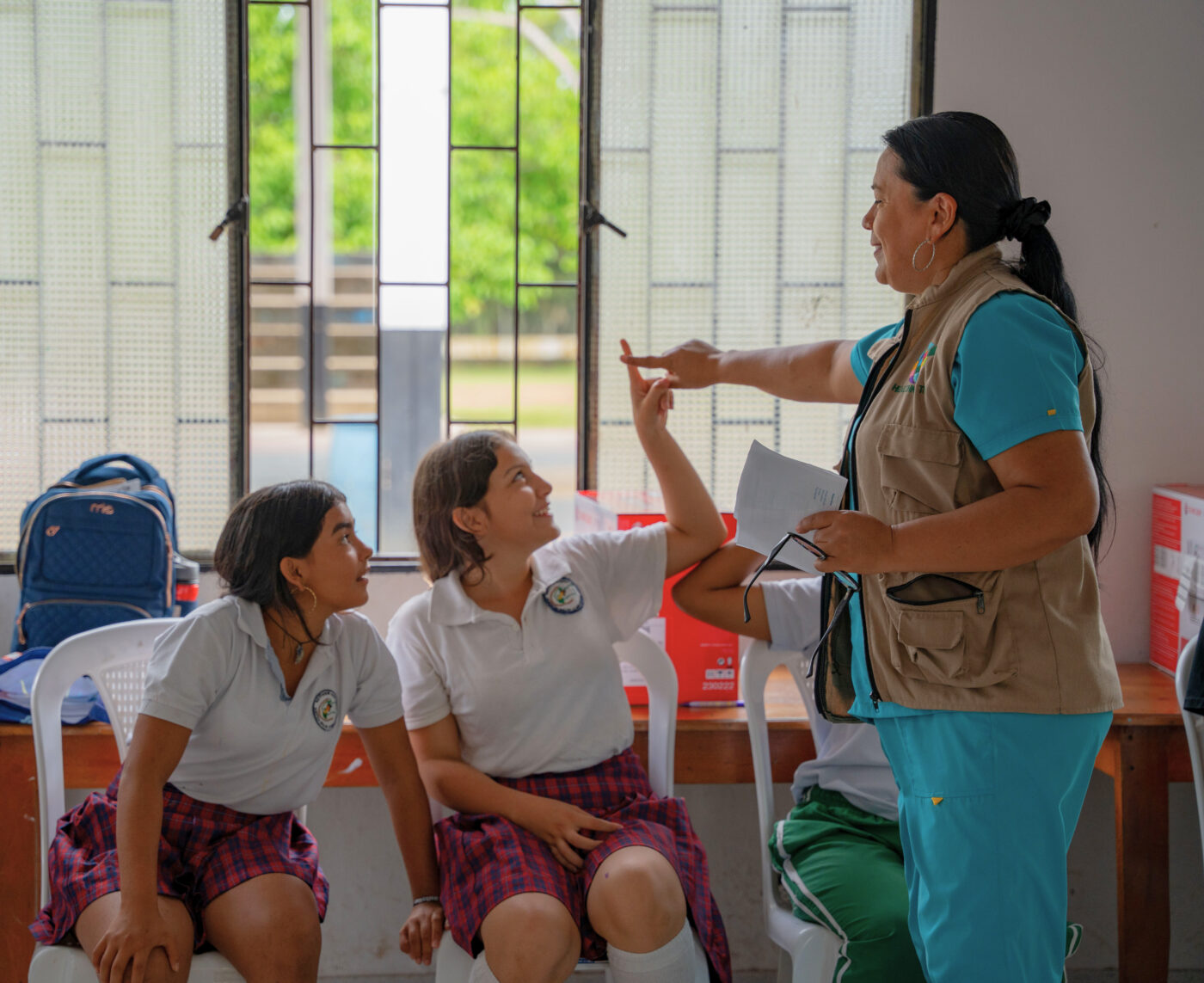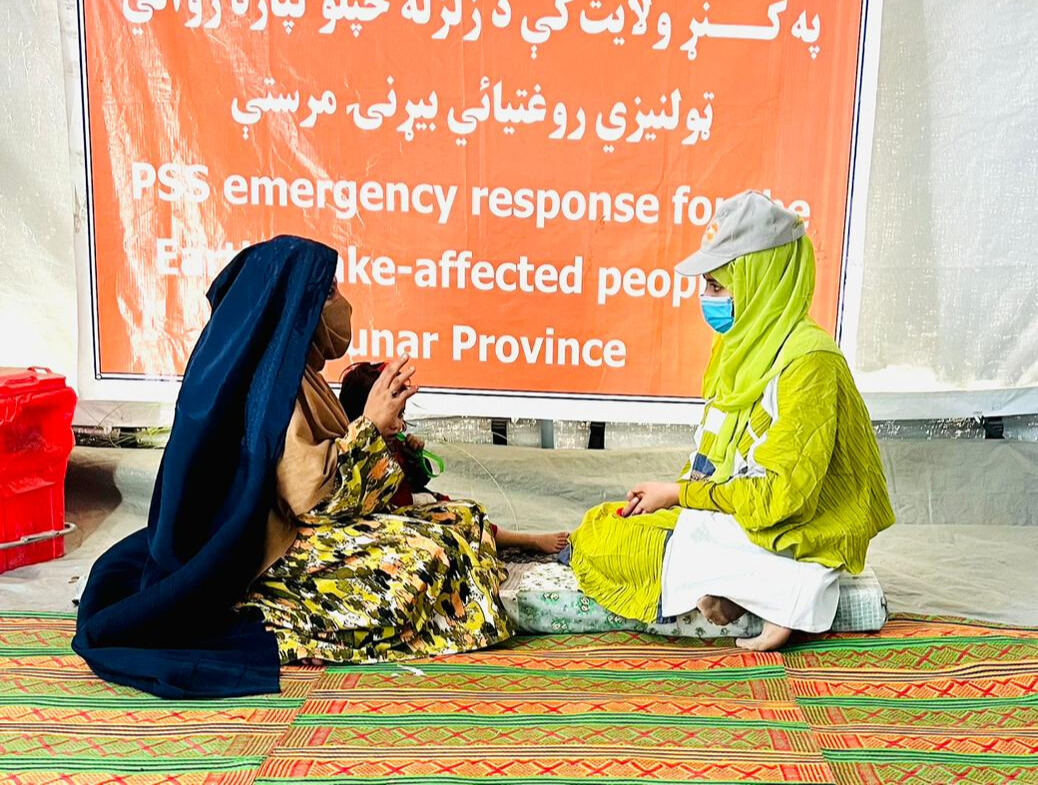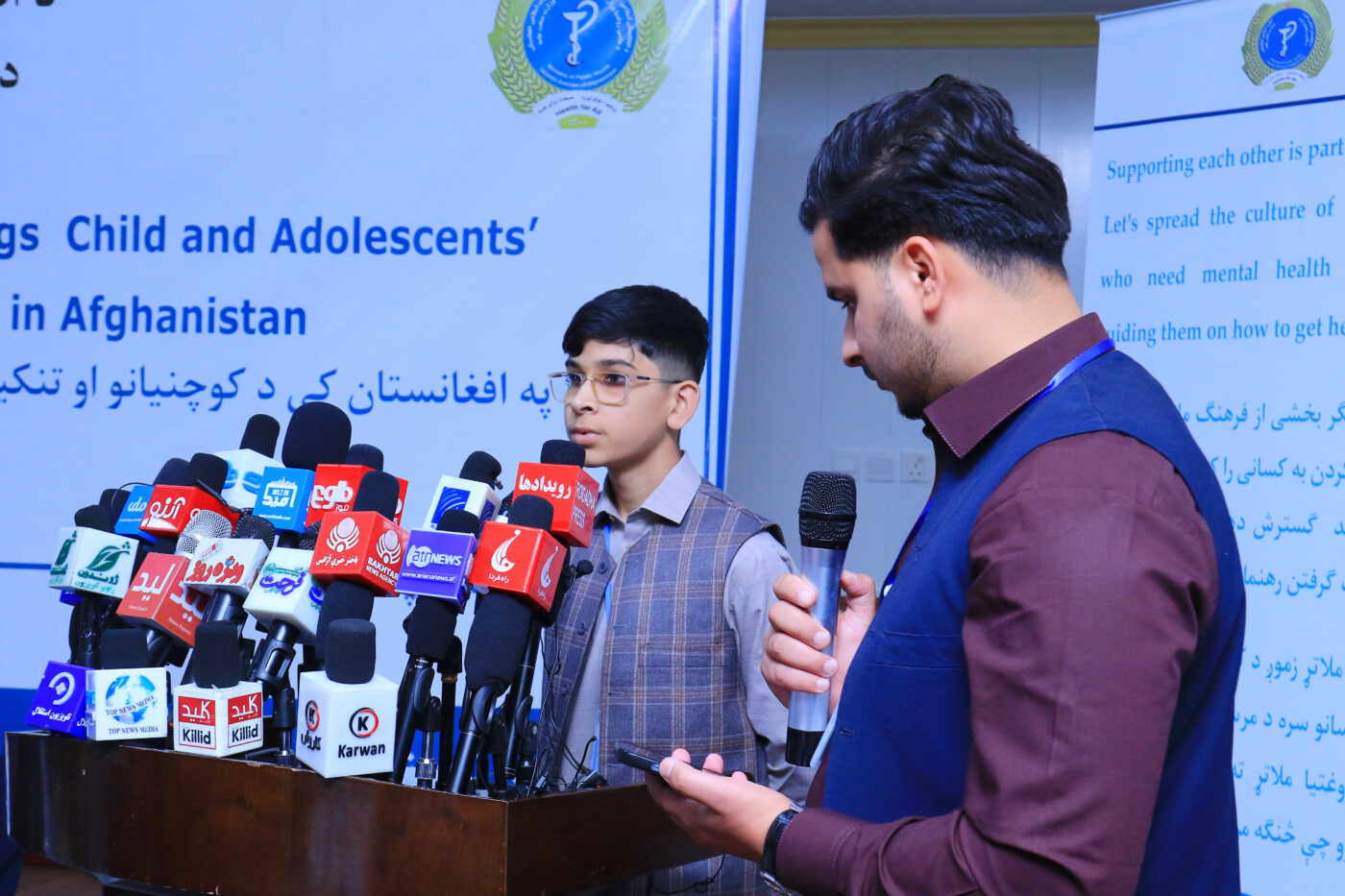HealthNet TPO works in regions affected by conflict and disaster, where mental health is often neglected, stigmatised, or inaccessible. We see mental health and psychosocial support not as standalone services, but as essential components of recovery, resilience, and long-term wellbeing. Our approach focuses on strengthening local systems, reducing stigma, and ensuring that individuals and communities have access to the care and support they need to heal and rebuild their communities.



-
Mental health and psychosocial support
Our mental health and psychosocial support (MHPSS) work is rooted in public health systems. We integrate mental health services into routine care, ensuring support is available at every level — from health facilities to community spaces. In each setting, we collaborate with local staff and partners to tailor approaches that are culturally relevant and context-specific.
Training healthcare workers is central to our strategy. We equip doctors, nurses, midwives, psychosocial counsellors, and community agents with the skills to identify and respond to mental health needs. We also work with communities to reduce stigma, raise awareness, and strengthen local psychosocial services. In conflict-affected areas, we prioritise gender-specific needs — supporting women and girls through programmes that link MHPSS with peacebuilding, protection, and leadership.
-
Wellbeing and self-care
HealthNet TPO recognises the importance of self-care in maintaining mental wellbeing, particularly in regions affected by conflict, where stress and burnout are common. Self-care is promoted not only as an individual responsibility, but also as a shared practice shaped by community dynamics and emotional regulation.
We integrate self-care into our MHPSS activities for both community members and health workers. Individuals are encouraged to adopt routines that support emotional wellbeing — including mindfulness, emotional regulation, and healthy daily practices. For healthcare providers and humanitarian staff, self-care is also essential for sustaining their capacity to deliver effective services in challenging environments.
By embedding self-care into our training and outreach efforts, we foster resilience among the people we serve and those who serve them.
Story in focus: What does mental health support look like in Burundi? For Maya, it meant rebuilding her family
When Maya joined a local group therapy session after recovering from MPOX, she did not expect it to change how she related to her children. “I learned how to give them play time,” she says. “They opened up. And I learned to listen.

-
 Read more
Read moreSupporting mental health in Afghanistan
By strengthening mental health and psychosocial support services, HealthNet TPO wants to improve the mental health and psychosocial wellbeing of people living in Afghanistan, particularly for women and children. There is no health without mental health.
-
 Read more
Read moreHealthcare and MHPSS services for refugees in Burundi
HealthNet TPO, with UNHCR, is enhancing healthcare for 95,000 refugees in Burundi. This project strengthens services in camps, provides mental health support, and improves nutrition, ensuring sustainable care for vulnerable communities.
-
 Read more
Read moreLeaders of Peace (LoP) in South Sudan
Building sustainable peace and gender equality in South Sudan through mental health and psychosocial support.
-
 Read more
Read moreWomen Advocate Peace (WAP) in Colombia
Women who feel protected and resilient are more able to become active participants for peacebuilding in their communities. HealthNet TPO supports women and girls, providing psychosocial support and building stronger community networks so that they feel empowered and enabled to engage in decision-making processes for sustainable peace.
I feel better prepared now. I can manage my own stress, and I understand that my mental health affects my children too.— Maya, mother of three, MPOX patient, Burundi
-
 Read more
Read moreFrom care to change: how menstrual health empowers girls in Colombia
In Colombia, HealthNet TPO works with communities to strengthen wellbeing, equality, and peace. As part of the Women Advocates for Peace programme, girls and women in La Macarena, Meta, came together to explore how... -
 Read more
Read moreBringing mental health care to earthquake-affected communities in Kunar Province
In the aftermath of the earthquake that struck Kunar Province on 31 August 2025, 1,992 people lost their lives, 3,631 were injured, and 8,489 houses were destroyed. Thousands of families were displaced, and 22... -
 Read more
Read moreHealthNet TPO concludes workshop on child and adolescent mental health in Afghanistan
HealthNet TPO, in collaboration with the Child and Adolescent Mental Health South Asia Network (CAMHSAN) and with the technical and financial support of UNICEF, successfully held the Dissemination Workshop on Child and Adolescent Mental...

